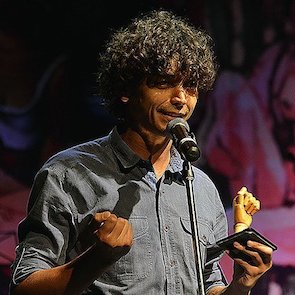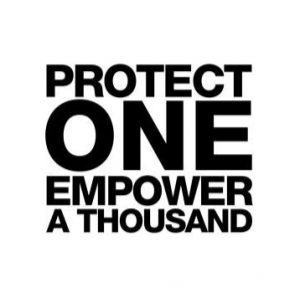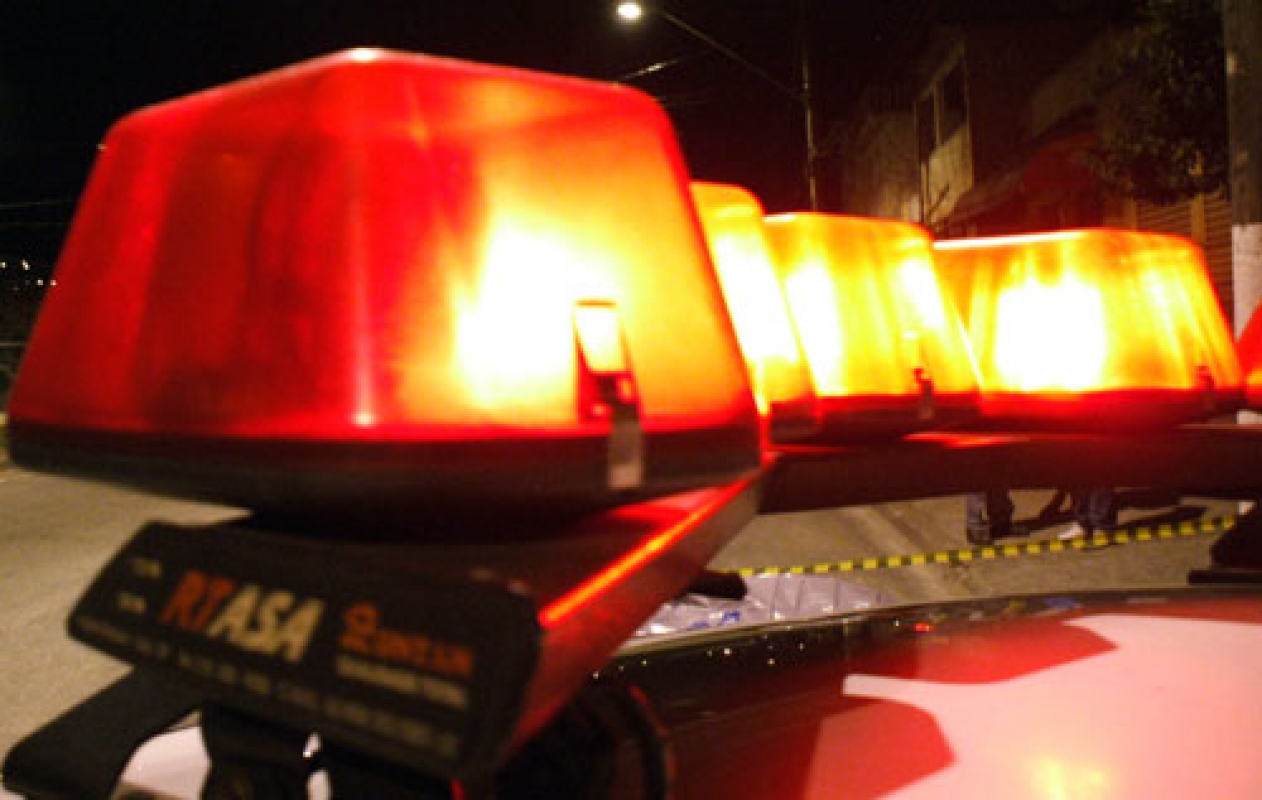
José Vargas Sobrinho Junior
For me, the only possible and urgent question to be answered was "Why is it that state police forces think they can kill ten people and be sure that they will remain unpunished?"
José Vargas Sobrinho Junior is a human rights defender, University teacher and a human rights lawyer in Redencao, Para. Vargas is well known for his work on important cases for the defense of human rights in Brazil, such as the victims of the Pau D'Arco massacre, landless workers against JBS, and the Kayapó indigenous people against mining companies in Cumaru do Norte.
In one of the most dangerous regions in terms of agrarian conflicts in the country, and in one of the states with the most killings in the rural areas, Pará, Vargas has his role marked by the defense of landless workers, indigenous people and traditional communities. Vargas was included in the Program for the Protection of Human Rights Defenders in Pará due to the constant threats in retaliation for his work in defense of human rights, particularly in the case of the Pau D'Arco massacre. In the past, Vargas has been forced to leave the city with his family, as a protective measure due to the increase in threats against his life.
In recognition of his work in the defense of human rights, particularly for land rights, José Vargas Junior received, the 2017 João Canuto Award, granted by the Human Rights Movement (MhuD). In addition, in 2018, he also received the Paulo Frota medal, awarded by the Legislative Assembly of Pará (ALEPA).
In January 2021, the human rights defender was imprisoned linked to the investigation of a disappearance of a man in October 2020. The prosecutor failed to present evidence to support preventative detention, while the HRD denies any involvement in the disappearance of the individual.


